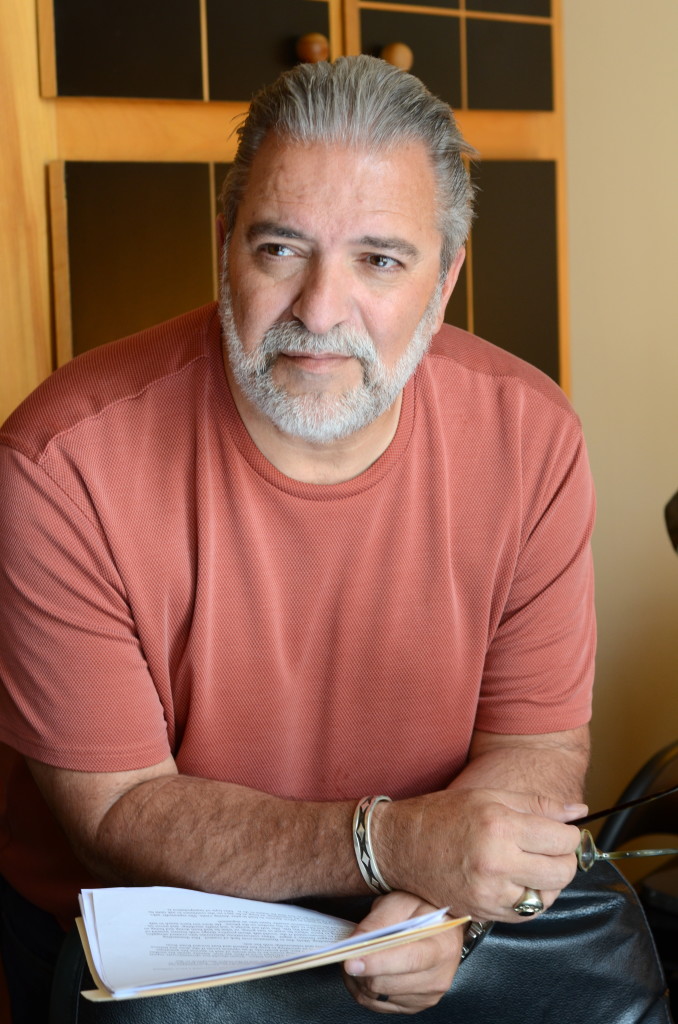Nearly half of American adults report that COVID-19 has negatively affected their mental health. For people with existing mental health conditions, the added burden can lead to a potential mental health crisis. However, it’s important to know that the support of family and friends can make a difference for a loved one who has a mental health condition – particularly when that person is in a crisis.
Keep in mind that a crisis does not look or feel the same to everyone, so it’s up to the individual and/or family to define a mental health crisis. First and foremost, if a loved one is going through a crisis, be sure to stay with that person while they’re at risk, and help them seek professional support. In the meantime, the following tips could help.
- Communicate clearly. It’s important for your loved one to feel heard and understood. Talk to him in a warm, nonjudgmental way. Use body language, such as eye contact, to show that you’re listening. Ask questions about how they’re feeling, and don’t be afraid to be direct. For example, ask your loved one if he is thinking about suicide or hurting others, and give him time to respond.
- Keep the person safe. If suicide or self-harm is a distinct possibility, find out if the person has developed a plan. If so, make sure there is no access to weapons. Stay with the person. If you’re on the phone, stay on the phone as long as you can. If your loved one has already found a weapon, such as a gun or knife, and is actively threatening to use it – either personally or on others – call 911 immediately. At this point, physical safety is the top priority.
- No man or woman is an island. Remind the person that she is not alone. Explain that you and others are there to help. Life takes courage. Point out to the person that she has more strength than she realizes.
- Reach out for help. You may not be able to de-escalate the crisis on your own, so reach out to your loved one’s mental health professional. If he doesn’t have one, here is a list of organizations you can call:
- 911: Call 911 if the situation becomes a life threatening emergency. Tell the operator that you’re calling about a psychiatric emergency and ask for an officer trained in crisis intervention.
- National Suicide Prevention Lifeline: Call 800-799-8255 to talk with a trained counselor.
- Crisis Text Line: Text NAMI at 741-741 to connect with a crisis counselor via text message.
- National Domestic Violence Hotline: Call 800-799-7233 to speak with a domestic abuse expert.
- National Sexual Assault Hotline: Call 800-656-4673 to connect with a staff member from a sexual assault service provider.
After the Crisis
Staying connected to people is crucial for your loved one’s recovery. It could help prevent a relapse. Also, be sure to follow up with the person regularly to let her know you’re thinking about her. A person with a mental health condition benefits tremendously from social support.
David Lowenstein, Ph.D. is a psychologist and the clinical director of Lowenstein & Associates, Inc. in Columbus, Ohio. In addition to providing therapeutic services to individuals and families, he offers training and consultation to numerous associations, schools and agencies around the country. Additionally, he is a frequent radio and TV guest and a resource and contributing writer for numerous newspapers and magazines nationwide. Contact Dr. David Lowenstein at 691 South Fifth Street, Columbus, Ohio, 43206, or call 614.443.6155 or 614.444.0432.


